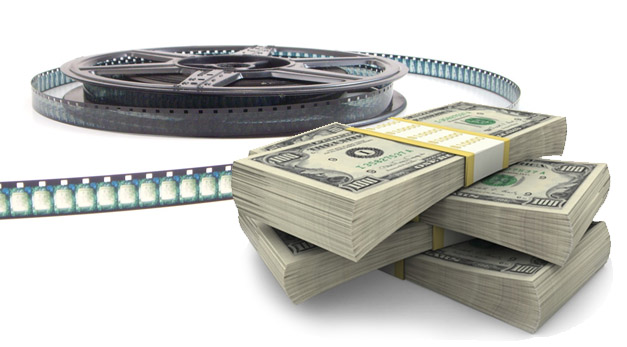
Fall is here. The weather is changing and will find many of us engaging in more indoor activities. Every now and then, you just want to throw on an old movie that reignites that feeling you had when you first viewed it, or maybe it’s one you’ve always meant to watch but never got around to it. Well here are a few noteworthy choices where money played a part in the storyline:
1) Boiler Room – One of my personal favorite money lines comes from this movie, “Whoever says money is the root of all evil doesn’t have any.” Boiler Room is about a savvy college drop-out who runs an illegal casino from his home to become involved in an investment business that initially seems like will make him an instant millionaire until he discovers things are not always what they appear to be.
2) Brewster’s Millions – Somehow anytime I watch Brewster’s Millions, it always manages to stimulate thoughts as to what I would do if I was in an enviably similar situation as which is the case for Richard Pryor’s character who us gave $30 million dollars to spend in 30 days….fun yet not as easy as we may think.
3) Jerry Maguire is classic. I never grow tired of watching it. This is the story of a sports agent who fed up with the quality of his life decides to write a mission statement that causes him to lose it all – his job, his clients, his fiancée – and follow through on doing what he loves by his own standards, gaining way more than anyone, including himself, expected.
4) Slumdog Millionaires is one of the most brilliant movies within the last decade. It takes a look at the coming of age story of a youth from Mumbai who as a young adult becomes a contestant on ‘Who Wants To Be A Millionaire’. The answers to his questions ironically are not based on general knowledge but instead on a series of flashbacks showed from defining moments in his life. This movie displays how everything is connected and the dots in your life become clear looking backward.
5) Trading Places uses humor to delve into the concept of nature versus nurture and how we sometimes value money more than people.
6) Good Fellas is iconic. I really don’t know anyone who does not have this on their top 10 list. Loyalty, love, greed, trust, honor, and deception all play roles in this film that displays the come up and changes in making money as a team….and its consequences.
7) The Thomas Crown Affair (1999 version) is the type of story that makes you kind of wish your real life was as exciting, edgy, and well – with lots and lots of money to play with. Thomas Crown is an extremely wealthy financier who uses his special skills to become one of the richest people in the world. But he finds even after mastering such challenges, he is bored with life. After a successful heist for a Monet painting, Catherine Banning comes in and they ensue in a game of cat and mouse.
8) Count of Monte Cristo to me is a testimony to integrity, tenacity, and the type of mental, spiritual, and emotional mastery that inevitably makes billionaires.
9) Catch Me If You Can has got to be one of the best true stories ever made into a movie. It’s one of those stories that on its own forces you to remember the fact that anything is possible. No matter how you chop it up – legal or not – Frank Abegnale Jr. was beyond brilliant, outsmarted many, definitely one of the best at what he did – and at such a young age.
10) Wall Street – I mean you can’t possibly ever create this sort of list and not mention the titan of money screen gem, Wall Street. Bud Fox meets Gordon Grekko aka Mr. “Greed is good.” and “Lunch is for wimps”. Then the story takes off. Late 80’s New York where insider trading, shady business deals, women, fast cars, and a fast life play as supporting characters to these leading men.
I realize that I obviously didn’t cover them all. There are some other great ones like The Pursuit of Happyness, Shawshank Redemption, Forrest Gump, Blow, Glendary Glen Ross, The Godfather, Rocky, The Social Network, and more. So definitely please share your favorite money movie in the comment section.






